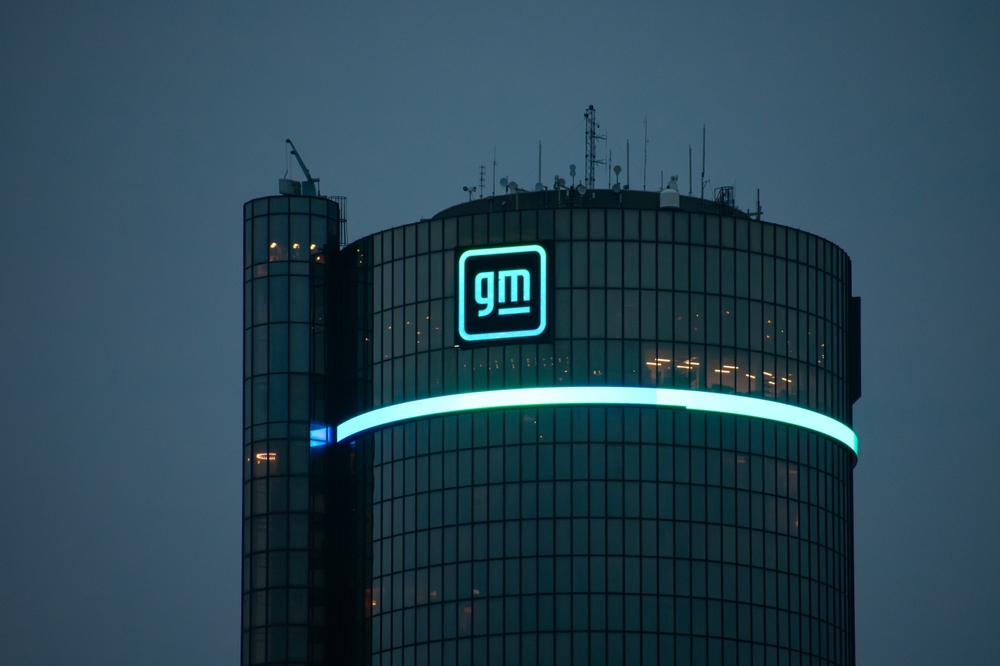
U.S. automaker General Motors (GM) plunged on Thursday after President Trump threatened to essentially destroy half of the automaker’s business, underscoring the high-stakes tariff war underway.
GM stock was down by as much as 9% before paring losses later in the session. The Detroit automaker closed down 7.4% to $47.20 and is now a negative 11.4% for the year.
Still reeling from a decades-long shift in consumer preferences, innovation challenges, and growing competition from overseas autos, GM is now facing a potential crisis in the form of tariffs.
On Wednesday, President Trump announced that he would impose 25% tariffs on all non-U.S.-made cars and some auto parts.
The problem with this is that the United States, Canada, and Mexico have an integrated supply chain when it comes to auto manufacturing—something that was reinforced by the USMCA deal from 2018.
As for GM, a staggering 30% of its cars are assembled in either Canada or Mexico and another 18% are imported from other countries, according to Barclays analyst Dan Levy.
“Roughly half of GM’s U.S. sales are produced in the U.S., but imported parts are a concern,” said Levy.
Although Trump has offered some leniency on car parts that adhere to the USMCA deal, nobody knows for sure how integrated supply chains will be affected.
In the meantime, the cloud of uncertainty leaves GM in a state of disarray.
GM considers supply-chain shuffle
During GM’s fourth-quarter earnings call in January, CEO Mary Barra said the company was strategizing ways to sidestep the tariff fiasco.
This includes moving some of its production out of Canada and Mexico and to the U.S.
“We also sell trucks globally, and so we can look at where the international markets are being sourced from,” said Barra. “So, there’s plays that we can do on that perspective to minimize the impact if there are tariffs either on Canada or Mexico.”
Trump’s tariff war comes as GM faces heavy restructuring losses and write-offs. The company was dealt a $5 billion restructuring charge in 2024 tied to its Chinese joint venture operations.
GM appears to be losing ground in China after more than a decade of consistent growth. Like other automakers, the U.S. car manufacturer is struggling to compete with Chinese brands like BYD, which have seen a dramatic rise in quality in recent years.
Nevertheless, CEO Barra told shareholders last year that GM is still “committed to China” over the medium term.
The silver lining is that company-wide revenues rose in the final quarter of 2024, reaching $47.7 billion, up from $42.98 billion.
Your email address will not be published. Required fields are markedmarked